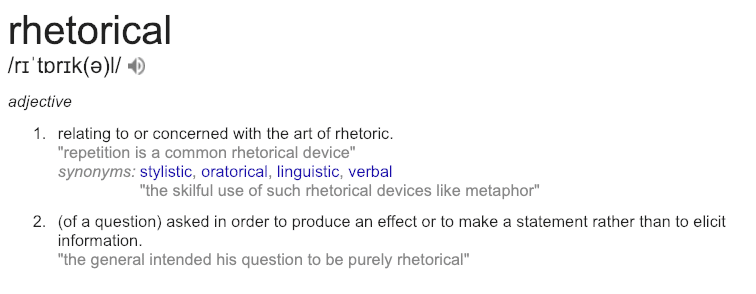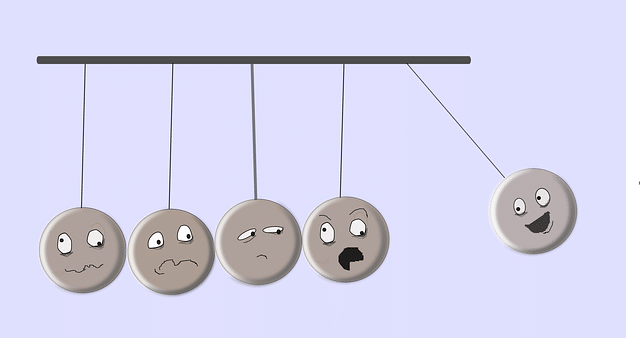How often have you come across this question? Does studying in premier schools/college make one think high of herself? Or is this a pointless generalization which has nothing to do with learning?
Madhav Chavan, the co-founder, and CEO of the NGO, Pratham Foundation highlights, “we are focused on IITs, and primary schools, not on institutions between them. That’s a problem”.
The big elephant in the room:
This is a big elephant in the room right here which most people don’t even seem to notice. There is a lot going on between the years of primary and college education. These are the years which shape one’s future and make one the type of person one is going to become.
As per a new Annual Status of Education Report (ASER) 2018 report, only 50.3% Class V students can read a Class II level text. Besides these not-so-encouraging numbers, the learning gap between private and government schools is significantly huge.
Can we see this elephant and probably tame it?
Coming back to the rhetorical question…

Remember the founder of Indian IT major Infosys, N R Narayana Murthy’s comment, on the quality of students that sparked a huge debate? While addressing a PAN IIT gathering in New York he said that the quality of students entering IIT is declining because of mushrooming coaching classes that prepare students for IIT exams. “They somehow get through the joint entrance examination. But their performance in IITs, at jobs or when they come for higher education in institutes in the US is not as good as it used to be,” he added. So, is there a system to assure continuing excellence — be it schools, colleges or coaching/learning centres?
While looking at the global perspective, an HSBC report named ‘Higher and higher, The Value of Education series’ suggests that Indian parents show considerable interest in sending children to a foreign university and spend on an average $18,909 on their education (in the scale of the world average spending on children from primary school to university undergraduate levels).
Rhetoric is no more in the eye of the beholder.
Does the rhetoric still bite when we understand the ground reality?
If you have made a simple thing like “soap”, you can appreciate how many concepts you can learn through experiments. In this case, it is the hands-on knowledge of the chemical components – triglycerides, Alkalis (Sodium Hydroxide), Glycerin, and the chemical processes – saponification, neutralisation, hydrolysis. Any amount of assimilating the theory can’t light up the bulbs in the brain like the experiment does.
The irony is that a large number of schools don’t have a basic Chemistry lab.
The same applies to other subjects, like Physics, Biology, or even Arts, where practical knowledge is indispensable to grasp concepts thoroughly.
Do we have a solution to the learning crisis in India?
Although the number of school goers has increased, the learning outcomes still remain poor. Can we do anything to resolve the learning crisis in India? Let’s look at some quick pointers:
Elementary education requires a pedagogical shift. This means a one-size-fits-all mindset should be replaced with input focused learning approach with effective interventions.
- Going back to basics: Rather than rushing on completing the syllabus, we can focus on understanding what children know and mentoring and monitoring of outcomes.
- An institutional shift: Children are failing to learn the basics of literacy and numeracy. However, our policies continue to focus on outlays and input instead of talking about outcomes and impact.
- A deeper analysis: Systematic tests could help educators learn children’s conceptual understanding at every state and where the problem lies. Hence, a system that focuses specifically on critical and logical thinking can help here.
- Experiential Learning and DIY (Do It Yourself) type of learning has the potential to change the way learning can be done.
- Blended Learning which uses technology as an enabler to reinforce the concepts is another aspect which is not explored enough.
Coming back to PLE (Personalised Learning Environment) and Blended Learning
With personalised learning and innovative pedagogic approaches, we at NumberNagar® address most of the unmet needs in the classroom no matter what the background of the student is. We focus on the 5C™ methodology which includes curiosity, clarity, connectivity, communication and competence. We also strongly believe that technology is a valuable aid in meeting one’s unique needs and improving her learning outcomes.

Share your opinion on if the question is relevant in Indian schooling and education system.
Parimita Krishna
Latest posts by Parimita Krishna (see all)
- How Personalised Learning can make your kids curious? - 14 June 2019
- What’s new in CBSE and why Experiential Learning is even more relevant? - 31 May 2019
- The Curious Case of Homeschooling in India - 5 April 2019
- Making Maths fun for your kids - 8 March 2019
- Blended Learning: A Perspective on “Learning how to Learn” - 22 February 2019

